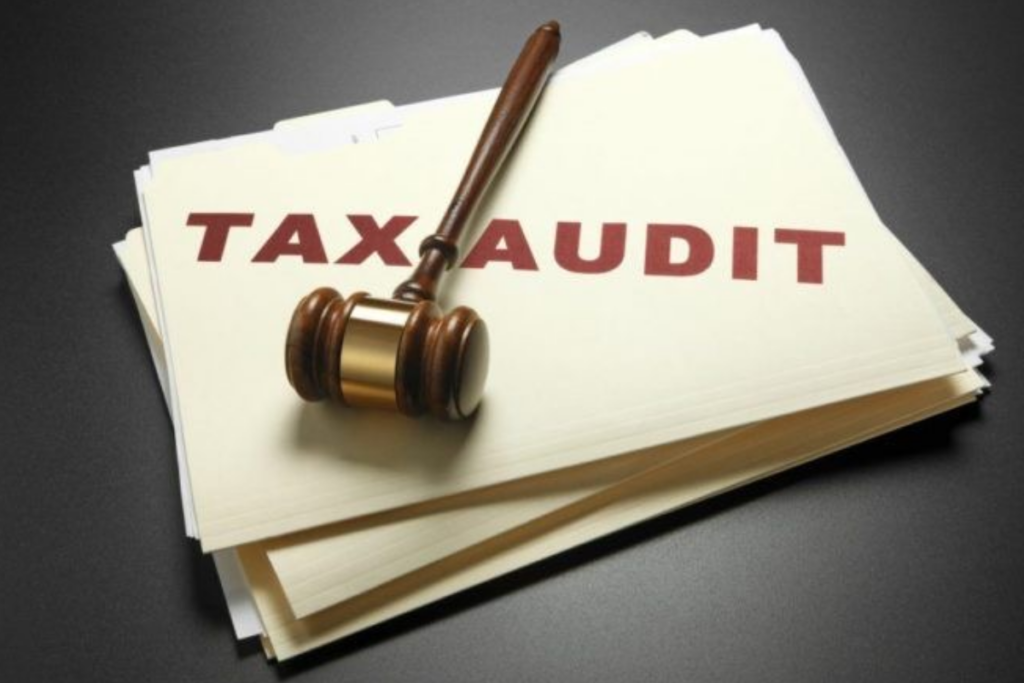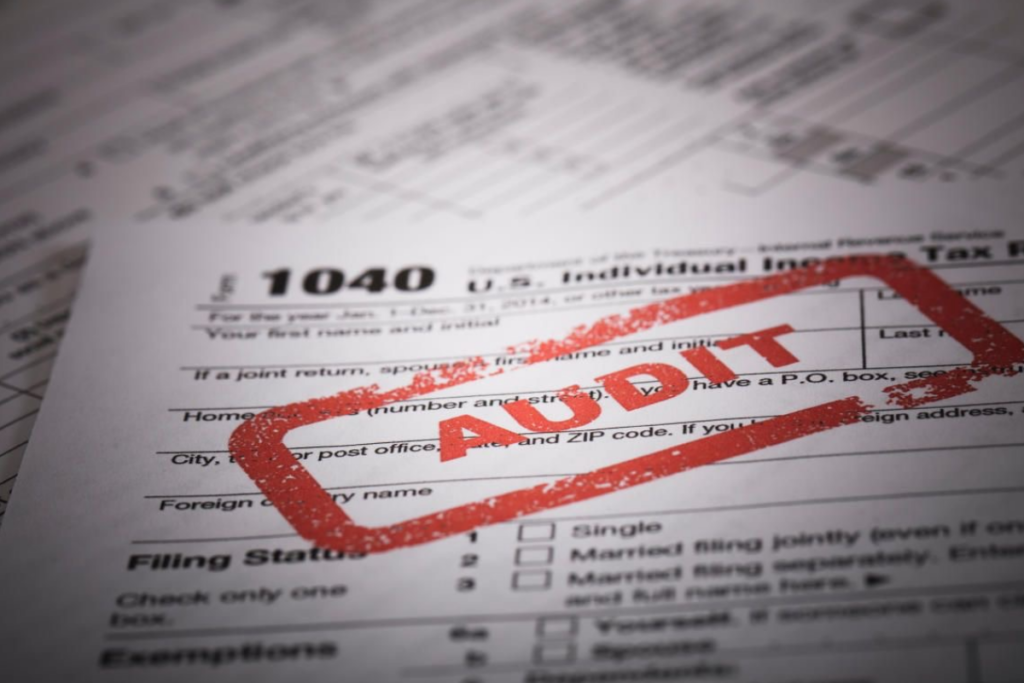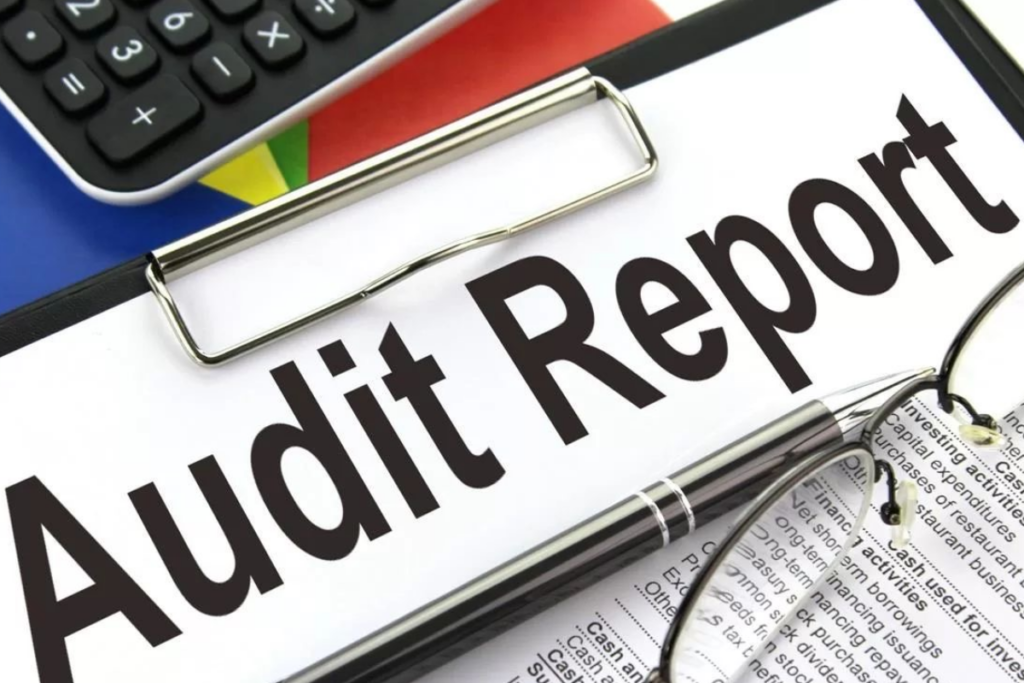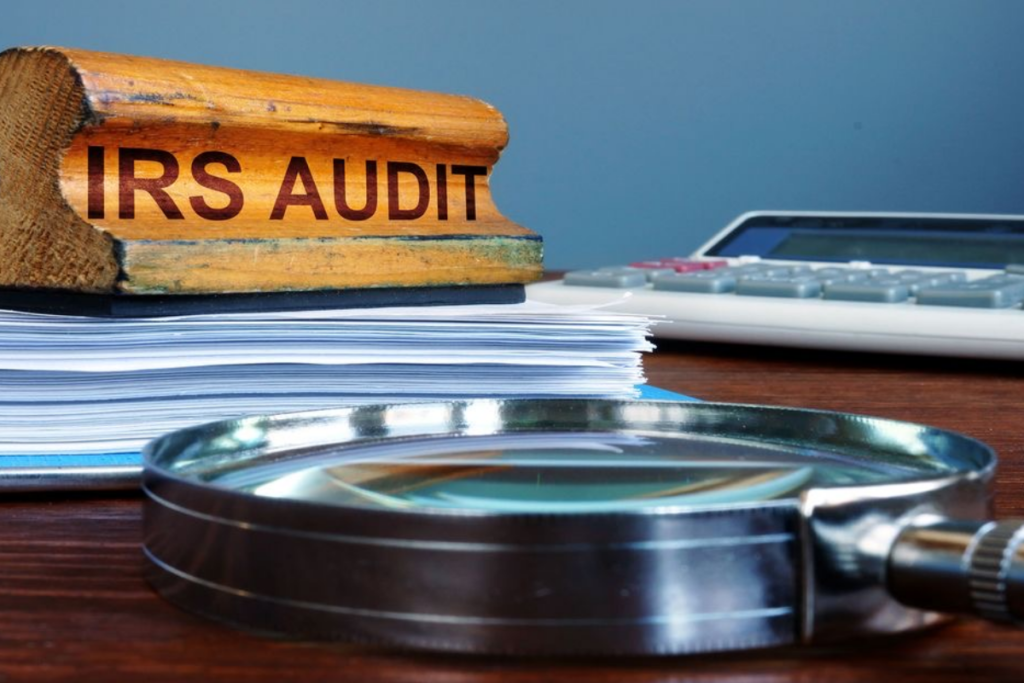The IRS is trying to figure out how to avoid increased audits on taxpayers who make less than $400,000 a year. Even though they are working on this, experts say that certain things on your tax return might increase the odds of getting an IRS audit, regardless of the amount of money you make.
IRS Audit Surge
An IRS audit surge refers to an increase in the number of audits that the IRS conducts. IRS audits in 2024 are about to surge, meaning that the IRS is becoming more aggressive in checking for mistakes, unreported income, or false deductions.

Last week, the Treasury Inspector General Tax Administration, or TIGTA, reported that the IRS has only made little progress in figuring out how to check tax returns without increasing audits of people who are making less than $400,000. The government agency is trying to develop a methodology for its audit coverage calculation that will comply with a directive from the US Department of the Treasury.
Back in August 2022, Congress gave $80 billion to the IRS. A big part of the money was meant for making sure people pay their taxes. However, that same month, the Treasury Department told the IRS that it could not use the funds to increase audits on small businesses or people making less than $400,000 annually.
The IRS agreed to follow TIGTA’s suggestions and is planning to document how it will develop the method for choosing who to audit, according to the report. In the meantime, the IRS is paying extra attention to wealthy people, big companies, and businesses with complex partnerships. They are doing this to ensure these individuals and corporations pay their taxes.
The Treasury Department said it got back $1.3 billion from wealthy individuals who owed taxes. Treasury Secretary Janet Yellen pointed out that it is not right that regular Americans work hard and pay taxes while some of the wealthiest people manage to evade their taxes.
The IRS Is Identifying Unreported Income
According to tax experts, no matter how much you make, there are still some warning signs that may cause the IRS to check your taxes more closely. It is quite easy for the IRS to find out if you didn’t report all your income. Analysts say that even though the IRS mainly focuses on wealthy Americans, anyone could still face an audit if they haven’t filed an accurate return.

One major warning sign is unreported income, that is, if you leave out some of your income. Employers and banks make use of information returns such as Forms W-2 or 1099 to report your earnings. Your job or any financial institution you deal with will send these forms directly to the IRS to show how much money you made.
Once the IRS has this information, they can quickly notice if something is missing in your tax return. According to Eric Hylton, national director of compliance for Alliantgroup and former IRS commissioner for the agency‘s small businesses and self-employed division, this method is very useful for the IRS because it helps them catch mistakes or missing details easily.
ALSO READ: Here Are 10 Red Flags That Show That a Bar Has Bad Drinks
Crypto Investors May Face Increased Enforcement Actions
Crypto investors might face new rules from the government. They will also be subject to income reported via information returns. Starting in 2026, digital asset brokers must report their income from digital assets, like Bitcoin, for 2025.

The IRS recently set up clear rules for how these digital asset brokers should report this information. An IRS audit attorney and senior manager at the accounting firm Baker Tilly, James Creech, mentioned that people have been expecting a big wave of enforcement. What the tax attorney for IRS audits means is that the government will be more serious about making sure everyone follows the rules.
What Triggers an IRS Audit?
According to Hylton, apart from unreported incomes, another common trigger for audits is unreasonable deductions. When you file your taxes, you need to be able to prove every detail in your tax return, especially if you are asking for big deductions or tax breaks. Eric Hylton further said too many deductions can be a problem.

For example, If you’re giving away $15,000 or $20,000 to charity when you only make $75,000 a year, it might raise suspicion from the IRS. This could lead to an audit. If you are audited, you need to show clear evidence for such a deduction or for the credit you claimed. If you can’t prove it, the IRS may reject that part of your tax return.
Even though the IRS looks closely at some areas, the odds of getting a tax audit are still very low. For instance, according to its latest Databook, between 2013 and 2021, the IRS only checked 0.44% of individual tax returns and 0.74% of corporate tax returns as of the end of 2023.
ALSO READ: Celebrations End As Fast Food Chains Move To Cut Work Hours After Hike in Wages
How Far Back Does the IRS Audit and What Is an IRS Energy Credit Audit?
The IRS usually checks tax returns from the past three years if they decide to do an audit. If they find a big mistake, for example, if someone did not report a lot of their income, they can go back and check for up to six years. On rare occasions, for instance, if someone cheats on taxes or doesn’t file at all, there is no time limit. This means that the IRS can check those tax returns whenever they want.

An IRS energy credit audit occurs when the IRS looks closely at someone’s tax return because they claimed a tax break for making energy-saving changes to their homes or businesses. This might include things like putting in solar panels or energy-efficient windows.
The IRS wants to make sure that the changes the person claimed actually qualify for the tax credit. To do this, they will ask for proof, like receipts or documents that show that the person made these improvements. If they can’t, the IRS may take away the credit, and the person would have to pay more in taxes.
You Might Also Like:
Biden Set to Block $14.9 Billion Steel Deal, Delivering Major Blow to Key U.S. Ally
Visa Reveals Its Plan To Launch a New Product That Will Make Direct Bank Account Payment Safer
Ken Griffin Citadel Hedge Fund Navigates Volatile August, Securing a 1% Gain for Wellington
Cooper Union Tuition Restoration for Upcoming Graduating Seniors

